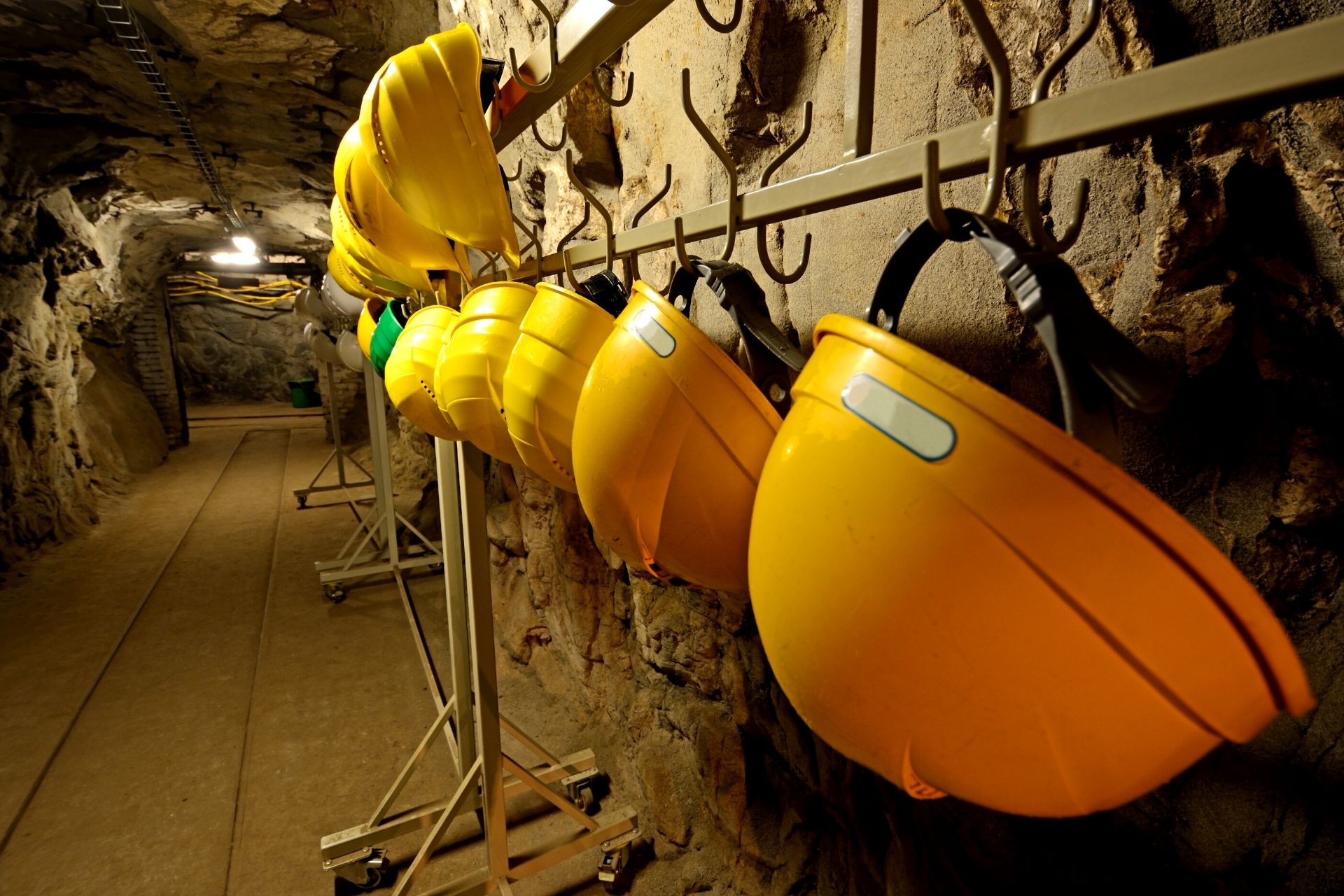For mining and resources personnel, the lure of living in another country, career advancement and the considerable financial incentive of very high income, very low tax (and sometimes no tax at all) are compelling reasons for taking up international secondments. While this scenario certainly has its charm, there can be considerable downsides.
Matters of tax residency and the nature of tax treaties with Australia have impacts on whether or not your overseas adventure makes financial sense.
As international borders open, many mining and resources executives, professionals and business owners are thinking about working overseas. The more adventurous are looking to relocate to countries in Africa, South America, Asia and the Middle East and there is plenty of financial incentive on the face of it.
The salaries are often high and many of those countries have a much lower tax rate than Australia, indeed, in places such as the UAE, individuals may enjoy tax-free income.
However, very often the more ‘remote’ the country the more difficult the living conditions for families. These may include political instability, less than acceptable personal safety and health standards, unfamiliar living situations and unsuitable schooling facilities for children.
The solution for some workers is to park their family in Australia where it’s safe, while they fly in and fly out. The compromise is living without family support (and they without yours) for extended periods of time. If you work for an Australian company who pays you in Australia while you work overseas, your tax circumstances may be fairly straight forward. However, it’s usually a lot more complicated.
Making the most of income earned in another country often comes down to your ‘tax residency’.
That is, how the tax jurisdiction you live and work in defines your obligation to pay tax and how it impacts on your home country’s tax requirement.
To be clear, ‘tax residency’ is an Australian legal definition which may be different from where you physically reside.
There are a number of tax residency tests that aim to determine if you are a ‘tax’ resident of Australia and therefore dictates you must pay tax here, and if you’re not, then your tax obligation will likely be to the country in which you live and work – sometimes both.
Getting your tax residency wrong, could mean you find yourself in a situation where the ATO considers you an Australian tax resident and therefore expects you to meet your obligation to pay tax in Australia regardless of where you earn your income.
To put this in perspective, imagine living and working in the UAE where your income is likely to be tax free. Then, if the ATO considers you an Australian tax resident, you will be expected to pay tax on the income you earned while in the UAE at your usual tax rate, which may be as high as 47%. This distinction between being a tax resident or tax non resident of Australia may be the difference between whether the overseas secondment makes financial sense, or not.
Australian tax treaties with different countries further complicate matters.
Tax residency is complicated, and while you may not fully understand it, the key is to be aware that it exists.
Not only should you get advice, you should get it before you take up a permanent or semi-permanent secondment overseas.
With qualified insight you will be able to properly evaluate whether the experience weighs up against the financial benefit.
Among your considerations when relocating overseas will be how you manage existing assets such as property and listed shares. You’ll also need to consider any financial structures you may have including Companies, a Family Trust or a self managed super fund (SMSF).
SMSFs can be particularly problematic when the ATO considers the majority of fund members are non-tax residents. This may mean the usual tax-efficiencies enjoyed by Australian residents don’t apply. The penalties may be severe, including a 47% tax on the market value of fund assets. Without in-country fund members, the solution is usually to close down the SMSF and roll the funds into a public offer fund or wrap account.
Property owners no longer considered Australian tax residents who wish to dispose of a family home or rental properties can be caught out as the ability to access Capital Gains Tax concessions and exemptions differ for non-tax residents. The differences in tax outcomes may be severe and unexpected.
Next steps
Before you accept an offer to live and work overseas weigh up your professional development and personal experience against the financial reality.
For some, a once in a lifetime adventure will hands-down outweigh any financial barriers, while for others the compromises needed to benefit financially are simply too many.
Australia’s tax residency legislation and testing is not straight forward. In fact, a proposal was made in the 2021 Federal Budget to modernise the rules in an attempt to make them more objective, but to date there has been no satisfactory outcome and the proposal has not progressed.
The bottom line is this, you’ll need advice both to interpret current laws and to defend your position should the ATO challenge your tax residency status in future or retrospectively.
For further information and specialised advice relating to tax and tax residency, please contact Craig Barry on +61 (0) 7 3007 2000 or email contact@resourcesunearthed.com.au
Further reading in our Open Border series:
How your financial footprints in other countries affect your wealth
International work requires an international Will
Resources Unearthed is a solutions hub that provides integrated financial, legal, property and accounting and business advisory services for executives, professionals and business owners in the mining and resources sectors.










